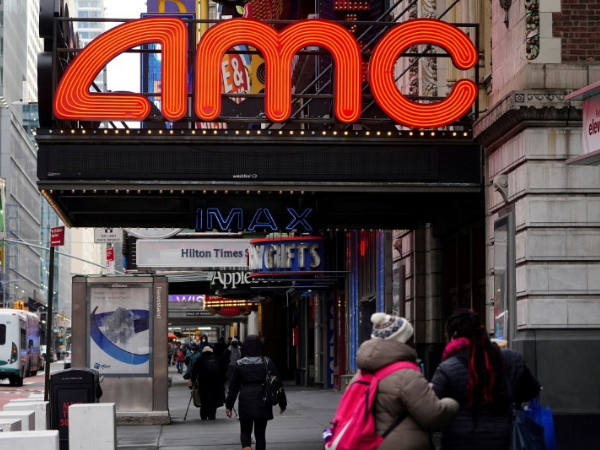Meme stock prices may not properly reflect demand, depend on trades
The prices of so-called meme stocks may be distorted because the majority of trades in those names are executed away from public exchanges where share price formation occurs, the head of the New York Stock Exchange said on Wednesday.
“Meme stocks,” which often start as low-priced, highly shorted stocks that users of online forums such as Reddit’s WallStreetBets rally behind, are some of the most heavily traded and volatile shares on any given day.
Shares of companies like video game retailer GameStop Corp and theater chain operator AMC Entertainment have whipsawed this year, with GameStop having rallied more than 1,600% in January alone, prompting trading halts by some brokers and sparking Congressional and regulatory hearings.
“In some of the meme stocks that we’ve seen, or stocks that have a high level of retail participation, the vast majority of order flow can trade off of exchanges, which is problematic,” said Stacey Cunningham, president of Intercontinental Exchange Inc’s NYSE.
“That price formation is not really reflective of what supply and demand is,” she said at a conference hosted by CNBC.

An AMC theatre is pictured amid the coronavirus disease (COVID-19) pandemic in the Manhattan borough of New York City, New York, U.S., January 27, 2021. REUTERS/Carlo Allegri
Retail trading surged during the coronavirus pandemic, helped by a shift by retail brokerages to commission-free trading, with individual traders now responsible for around 35% of market volume, up from 20% pre-pandemic.
In meme stocks, individual traders contribute as much as 70% of the volume, Cunningham said.
The majority of retail orders bypass exchanges because of an arrangement called payment for order flow, in which retail brokerages sell their customers’ marketable orders to wholesale brokers. The wholesalers match the orders internally, trying to profit off of the bid-ask spread, while offering retail traders the best market price or better.
Related Articles
Retail brokers say payment for order flow lowers overall costs for individual traders.
But the practice raises conflict of interest questions and will be included in a broad review of stock market rules, Gary Gensler, chair of the U.S. Securities and Exchange Commission, said last week.
The review will also examine whether off-exchange trading – which is about 50% of the market when institutional block trades are included – distorts the price discovery mechanism for stocks, Gensler said.
(Reporting by John McCrank in New York; Editing by Matthew Lewis)

